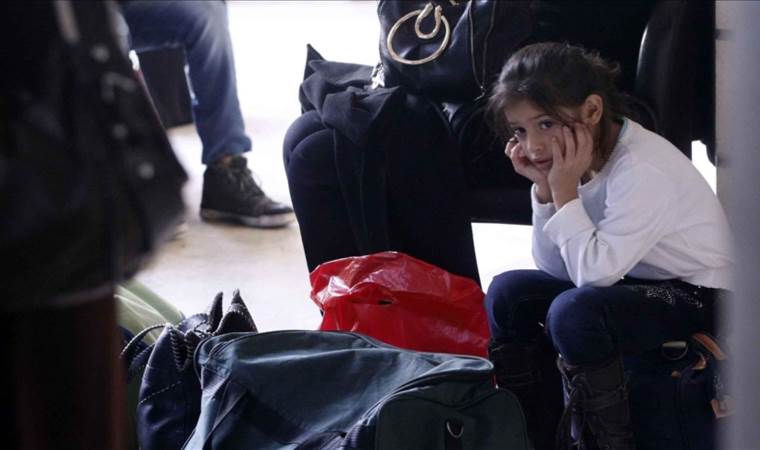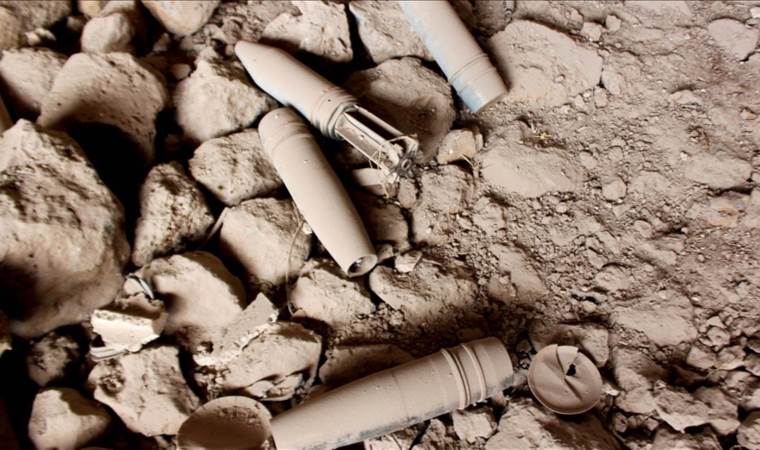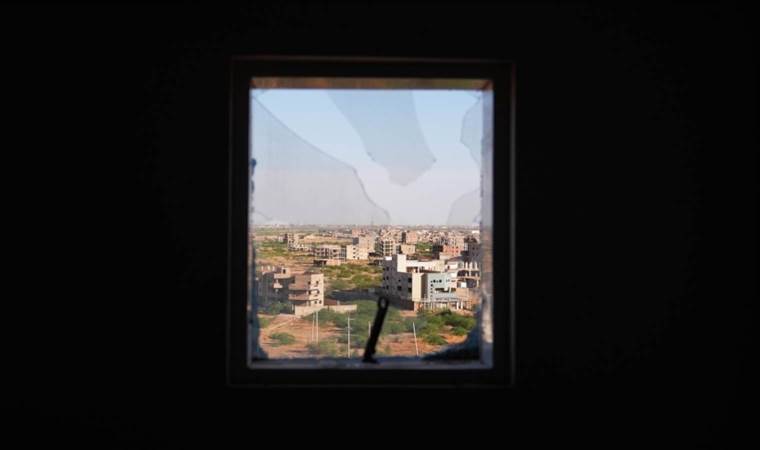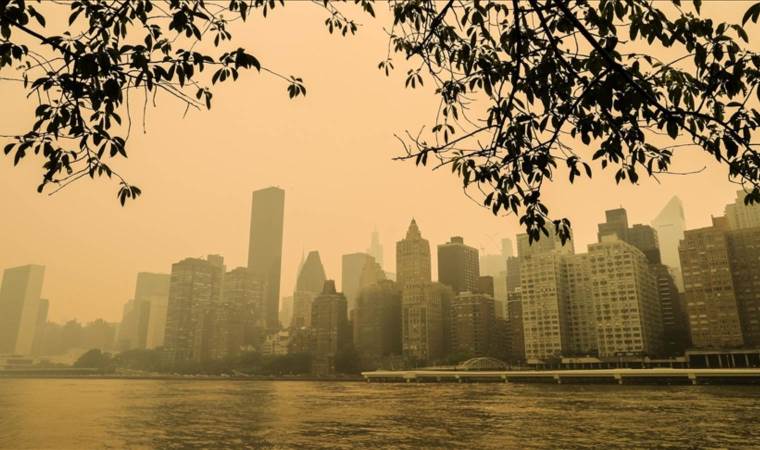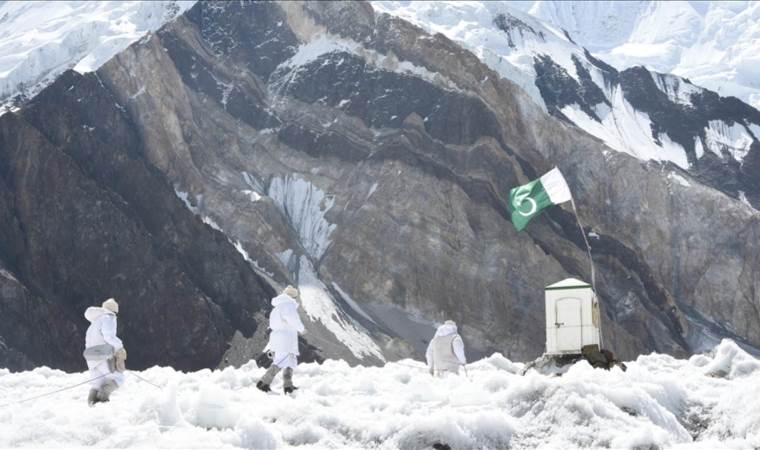Tropical Storm Hilary brings torrential rains and flooding to Southern California
Southern California Officials Prepare for Overnight Reports of Tropical Storm Hilary's Impact
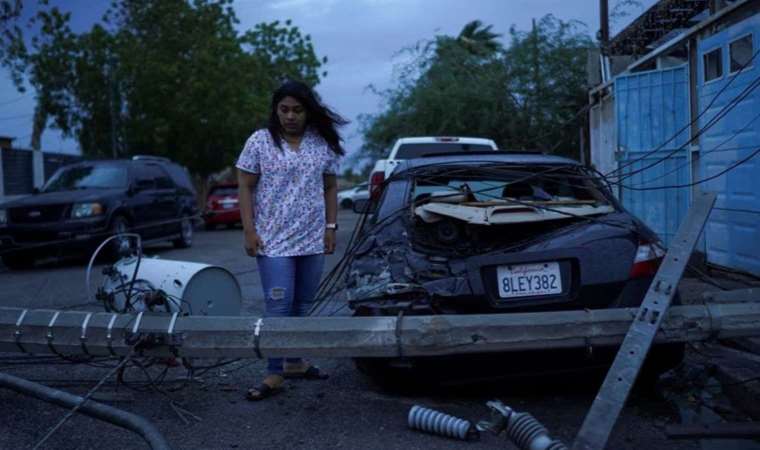
Officials in Southern California are bracing for potential reports of serious damage from Tropical Storm Hilary overnight. The storm had previously unleashed furious flash floods both east and west of Los Angeles during its historic arrival a day earlier.
The National Weather Service downgraded the former hurricane to a tropical depression. Prior to this, California Governor Gavin Newsom had declared a state of emergency for much of Southern California. Flash flood warnings remained in effect until at least 3 a.m. (1000 GMT) on Monday in an area more accustomed to drought.
Forecasters have predicted that mountain and desert areas could receive 5 to 10 inches (12 to 25 cm) of rain, an amount equivalent to what the deserts typically receive in a year.
After passing northward through Mexico's Baja California peninsula, where Pacific hurricanes are common, the storm caused at least one fatality in Mexico due to flash flooding. The flooding also swept away some roads, as depicted in images shared on social media showing torrents of water cascading down city streets.
On Sunday afternoon, the storm crossed the border into the United States. It hit San Diego County, marking its first recorded tropical storm occurrence in the area. This storm also became the first to strike Los Angeles County since 1939, leading to significant flooding.
In response to the storm's impact, San Bernardino County, situated to the east of Los Angeles, ordered evacuations of towns located in mountainous and valley regions. Social media images captured torrents of water, mud, rocks, and trees sweeping through these areas.
In more densely populated Ventura County, located northwest of Los Angeles, the National Weather Service issued warnings of life-threatening flooding as up to 2 inches (5 cm) of rain fell within a span of two hours.
U.S. President Joe Biden instructed federal agencies to deploy personnel and supplies to the region after local officials had been preparing for the storm's arrival for days.
However, Los Angeles Mayor Karen Bass expressed concerns that individuals might lower their guard if initial encounters with the storm appeared less damaging. She cautioned that subsequent bands of the storm could surprise those who were unprepared, emphasizing the potential for worsening conditions.
"We understand that the situation could deteriorate significantly," Bass stated during a news briefing on Sunday. "My concern is that people might become complacent and venture outdoors when it's essential for them to stay home and stay safe."
Officials noted that Los Angeles County's 75,000 homeless residents were especially vulnerable. Areas such as hillside canyons and regions recently affected by wildfires were also at risk due to potential mudslides and flooding.
As a precautionary measure, the two largest school districts in the state, Los Angeles and San Diego, canceled classes for Monday. The storm has left residents astonished, as observed in the nearby town of Rancho Mirage, where water and debris surged over closed roads. A pickup truck was left stranded with water nearly reaching the top of its bed.
"It's truly incredible. I've never witnessed anything like this," commented Sean Julian, a 54-year-old resident. "I've noticed numerous trees down, and there's a large tree that fell over there. I probably shouldn't be outside right now."
Most Read News
-
 Recent Russian strikes on Kyiv were 'not necessary,' say
Recent Russian strikes on Kyiv were 'not necessary,' say
-
 Germany offers Syrians up to $4,555 to return home
Germany offers Syrians up to $4,555 to return home
-
 Despite stated ban, Spain continues to buy arms from Isr
Despite stated ban, Spain continues to buy arms from Isr
-
 China denies having talks with US on tariffs
China denies having talks with US on tariffs
-
 60 militants from paramilitary RSF killed in North Darfu
60 militants from paramilitary RSF killed in North Darfu
-
 Nearly half of Americans now live with dangerous air qua
Nearly half of Americans now live with dangerous air qua
-
 Zelenskyy partially cancels South Africa visit in wake o
Zelenskyy partially cancels South Africa visit in wake o
-
 Britain lifts sanctions against Syrian defense, interior
Britain lifts sanctions against Syrian defense, interior
-
 Pakistan says any Indian attempt to divert, stop flow of
Pakistan says any Indian attempt to divert, stop flow of
-
 Turkic world will continue to stand by Turkish Cypriots,
Turkic world will continue to stand by Turkish Cypriots,

